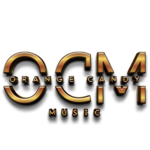
Send Us A Message
>
Creating Music that Sells: Strategies for Independent Artists
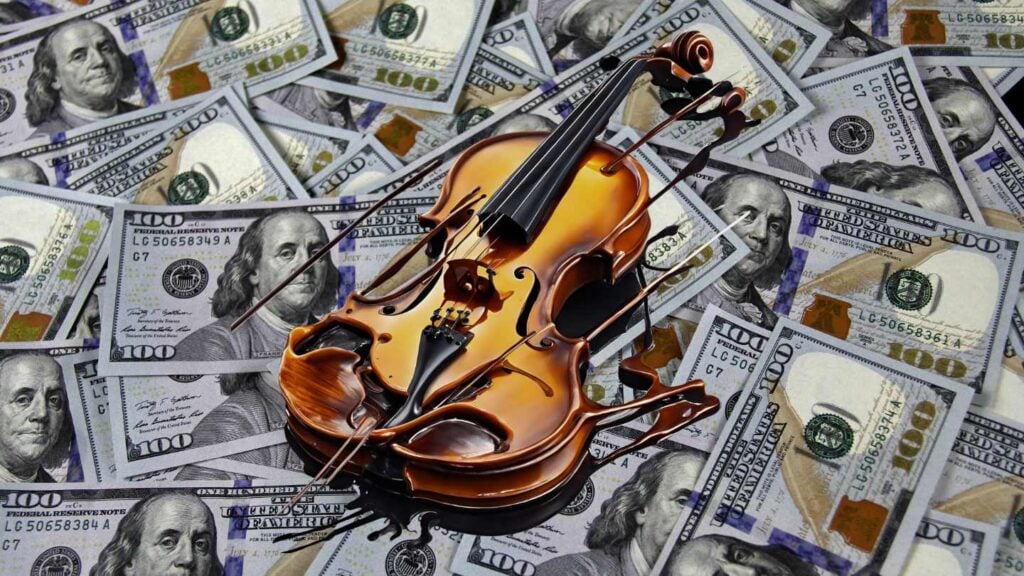

Matt Crowe
In today’s music industry, independent artists have more opportunities than ever to create and sell their music without the backing of major labels. However, succeeding as an independent artist requires a strategic approach to both creating and marketing your music. This article outlines key strategies that can help you produce music that sells and build a sustainable career.
Understanding Your Audience
Knowing your audience is crucial for creating music that resonates with listeners.
- Identifying Your Target Market: Understand who your listeners are, including their demographics, preferences, and behaviors. You can gather this information through social media analytics, streaming data, and direct interactions with fans.
- Engaging with Fans: Building a loyal fanbase involves active engagement. Use social media, email newsletters, and live interactions to connect with your audience. Respond to comments, host Q&A sessions, and share behind-the-scenes content to foster a strong connection.
- Utilizing Analytics: Tools like Spotify for Artists, YouTube Analytics, and social media insights provide valuable data on your audience’s behavior and preferences. Use this data to tailor your music and marketing efforts to better meet their needs.
Crafting High-Quality Music
Quality is paramount when it comes to creating music that sells.
- Investing in Professional Production: High-quality recordings, mixing, and mastering are essential. Work with experienced producers and engineers who can help you achieve a professional sound. Consider investing in studio time or high-quality home recording equipment.
- Developing Your Unique Sound: Create a distinctive style that sets you apart from other artists. Experiment with different genres and sounds until you find your unique voice.
- Collaborating with Other Musicians: Collaborations can introduce you to new audiences and add variety to your music. Work with artists who complement your style and bring new perspectives to your work.
Building a Strong Brand
Your brand is a reflection of your music and personality. It helps you stand out and connect with your audience on a deeper level.
- Creating a Consistent Image: Develop a cohesive visual and auditory brand that reflects your music. This includes your logo, color scheme, and overall aesthetic. Consistency across all platforms strengthens your brand identity.
- Branding Across Platforms: Ensure your branding is consistent across social media, your website, and live performances. This consistency helps build recognition and trust with your audience.
- Storytelling: Use your personal story and experiences to connect with your audience. Share the journey behind your music, including the challenges and successes, to create a compelling narrative that resonates with listeners.
Effective Marketing and Promotion
Marketing is essential for getting your music heard by a wider audience.
- Social Media Marketing: Utilize platforms like Instagram, TikTok, Twitter, and Facebook to promote your music. Post regularly, engage with followers, and use features like stories, reels, and live streams to increase visibility.
- Content Marketing: Create engaging content such as behind-the-scenes videos, tutorials, and vlogs. This not only promotes your music but also gives fans a deeper look into your creative process.
- Paid Advertising: Use paid ads on social media and streaming platforms to reach a broader audience. Target ads based on demographics and interests to ensure they reach potential fans.
Utilizing Music Distribution Platforms
Getting your music on major streaming platforms is crucial for reaching a wider audience.
- Digital Distribution: Choose the right distribution service, such as DistroKid, TuneCore, or CD Baby, to get your music on platforms like Spotify, Apple Music, and Amazon Music.
- Maximizing Streaming Services: Increase your streams by aiming for playlist placements and leveraging algorithmic recommendations. Engage with your fans on these platforms to encourage streams and saves.
- Direct-to-Fan Sales: Use platforms like Bandcamp or your own website to sell music and merchandise directly to fans. This can be more profitable and helps build a stronger connection with your audience.
Networking and Building Industry Relationships
Building relationships within the industry can open up new opportunities.
- Connecting with Influencers and Bloggers: Reach out to music influencers and bloggers to feature your music. Their endorsement can help you reach new audiences.
- Engaging with Industry Professionals: Network with producers, A&Rs, and other industry insiders. Attend industry events and use platforms like LinkedIn to build professional connections.
- Attending Industry Events: Music conferences, festivals, and networking events are great places to meet industry professionals and gain exposure. Take advantage of these opportunities to promote your music and learn from others.
Live Performances and Touring
Live performances are a powerful way to connect with fans and promote your music.
- Booking Gigs: Secure live performances at venues, festivals, and events. Start with local venues and gradually expand to larger audiences.
- Touring Tips: Plan and execute successful tours by focusing on logistics, promotion, and audience engagement. Ensure you have a solid plan for travel, accommodation, and promoting each show.
- Live Streaming Performances: Use platforms like Twitch, YouTube, and Instagram Live to reach audiences virtually. This can be especially effective if you’re unable to tour physically.
Monetizing Your Music
Finding multiple revenue streams is key to building a sustainable career.
- Streaming Royalties: Understand how streaming royalties work and maximize your earnings by increasing your streams and engagement.
- Sync Licensing: Explore opportunities to license your music for TV, film, commercials, and video games. This can be a lucrative revenue stream and provide significant exposure.
- Merchandise Sales: Design and sell merchandise to supplement your income and promote your brand. Merchandise can include items like t-shirts, posters, and physical copies of your music.
Continuous Learning and Adaptation
The music industry is constantly evolving, and staying ahead requires continuous learning and adaptation.
- Staying Updated with Industry Trends: Keep up with changes in the music industry and adapt your strategies accordingly. Follow industry news and trends to stay informed.
- Learning from Others: Study successful independent artists and learn from their strategies and experiences. Analyze what works for them and how you can apply similar tactics to your career.
- Personal Development: Invest in your skills and knowledge through courses, workshops, and mentorship. Continuously improving your craft and business acumen will help you stay competitive.
Conclusion
Creating music that sells requires a combination of quality production, effective marketing, and strategic planning. By understanding your audience, crafting high-quality music, building a powerful brand, and leveraging various marketing and distribution channels, you can build a successful career as an independent artist. Stay dedicated, be adaptable, and continuously strive to improve. With the right strategies and mindset, you can achieve your music goals and build a sustainable career in the industry.
More Posts
-
Sale!
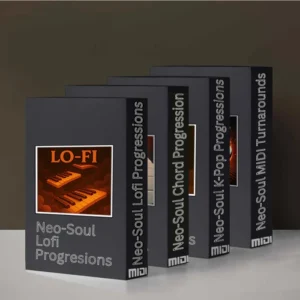
Neo-Soul MIDI Chords Bundle
Rated 5.00 out of 5$104.00Original price was: $104.00.$60.00Current price is: $60.00. Add to cart -
Sale!
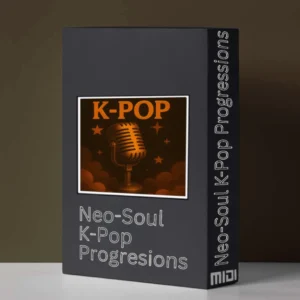
Neo-Soul K-Pop Progressions
$39.00Original price was: $39.00.$33.00Current price is: $33.00. Add to cart -
Sale!
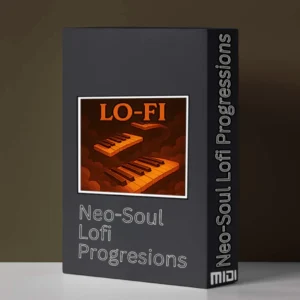
Neo-Soul Lo-Fi Progressions
$29.00Original price was: $29.00.$25.00Current price is: $25.00. Add to cart -
Sale!
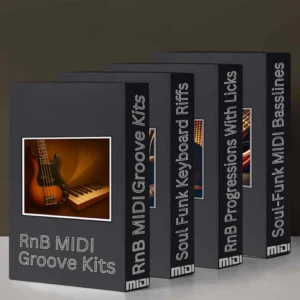
Soulful Groove MIDI Bundle
Rated 5.00 out of 5$94.00Original price was: $94.00.$60.00Current price is: $60.00. Add to cart -
Sale!
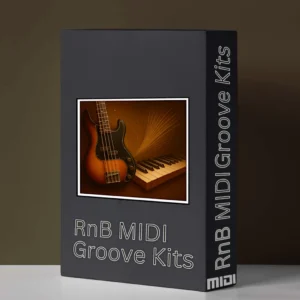
RnB MIDI Groove Kits
$40.00Original price was: $40.00.$30.00Current price is: $30.00. Add to cart -
Sale!
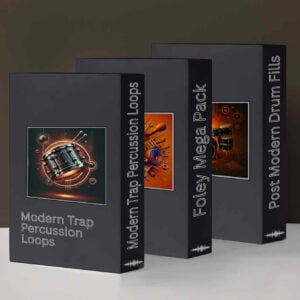
Modern Percussion Mega Bundle
Rated 5.00 out of 5$95.00Original price was: $95.00.$66.50Current price is: $66.50. Add to cart




